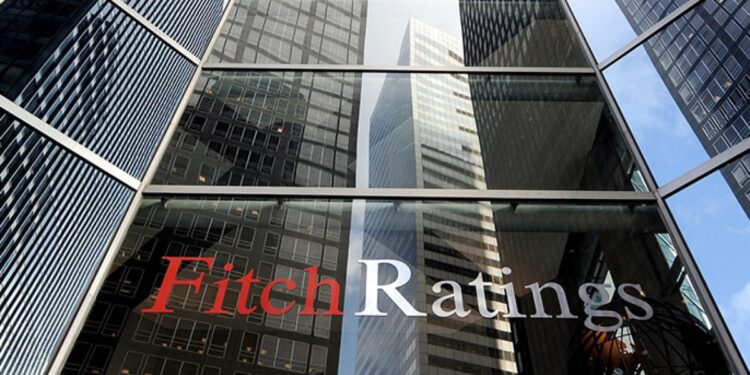Fitch Credit Classification Agency suggested that the American customs duties “minor effects” on the work environments of the countries of the Gulf Cooperation Council states, but the indirect effects resulting from low oil prices and weak global economic activity, which may lead to reducing government spending- will be influential.
According to a statement to Litch, hydrocarbons (oil, gas and associated materials) dominate the exports of the Gulf Cooperation Council countries to the United States, and they are exempt from customs duties, while non -hydrocarbon exports, which are imposed by customs duties by 10%, or 25% on aluminum and steel, are relatively low, which limits the direct impact of customs duties on the economies of Gulf countries and work environments Her banks.
The main risks
The low oil prices and the weak global demand represent the main risks facing the work environments of the Gulf Cooperation Council banks, according to the statement.
Government spending also affects the conditions of bank operation in most of the Gulf Council countries, and any additional decline in oil prices may weaken Fitch’s expectations for the growth of lending, which was in most cases close to the levels of 2024.
Fitch reduced her forecast for global GDP growth last March to 2.3% in 2025 and to 2.2% in 2026, and the risks tend towards greater slowdown, and this may put pressure on the prices of global commodities, especially hydrocarbons that constitute most government revenues in the Gulf states, and traditionally represents a pillar of economic activity and the banking sector through government spending.
https://www.youtube.com/watch?v=flskdnp6ae
Fitch saw that the market balance and oil prices would be specified mainly through global economic performance and OPEC Plus supplies, and OPEC Plus had a large surplus energy exceeding 6 million barrels per day in January, and indicated plans to start mitigating production discounts from April.
The primary scenario of the Fitch Agency before the imposition of customs tariffs was that the GDP of the Gulf Cooperation Council states will rise more than 3.5% in 2025 and 2026, however, the decrease in oil prices and budget revenues may lead to a noticeable decrease in non -oil economic activity and government spending, which may weaken the prospects for the growth of Gulf countries ’banks.
According to the report, the credit conditions of the banks of the Gulf Cooperation Council states may deteriorate if the companies operating in the affected sectors witness a weakness in profit and cash flows as a result of high operating costs and inflation resulting from customs tariffs.
Companies may also face higher debt costs due to the uncertainty surrounding interest rates and the possibility of delaying their reduction, and companies may weaken the total demand for credit, and ultimately leads to an increase in the risk of credit for banks and increased troubled loans, according to the report.
Good credit status
However, the report indicated that the banks of the Gulf Cooperation Council states generally enjoy a good situation to accommodate any deterioration in the operating environment, and many banks have strengthened their capital reserves in recent years, supported by strong profits as a result of high oil prices and interest rates, good liquidity, strong economic activity, and favorable credit conditions.
Fitch indicated that Bahrain’s banks are the most vulnerable to lowering the classification, as their credit degree “B+” is.
The degrees of the bank operating environment in other Gulf Cooperation Council countries enjoy stable future expectations except for the Sultanate of Oman, as expectations appear positive.
These sovereign countries have stronger credit records and higher credit classifications:
- Saudi Arabia: “A+” (a+)/stable
- Emirates: AA-(AA-)/Stable.
- Qatar: AA (AA)/stable.
- Kuwait: “AA-” (AA-)/Stable.
- Sultanate of Oman: “B+” (BB+)/positive.
This reflects better financial flexibility and stronger precautions, and thus a better ability to face shocks and maintain spending to stimulate economic activity, according to the agency.



